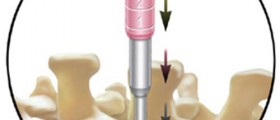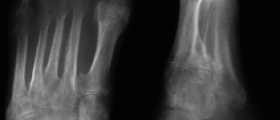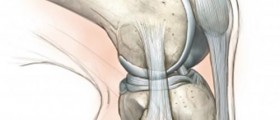
Anesthesia
Almost every surgical procedure is performed under anesthesia. No matter how simple, such as fixing a tooth, or complex, such as heart surgery, the procedure includes receiving some form of anesthesia. The purpose of anesthesia is to prevent you from feeling any pain during the procedure. Anesthesia means that you will receive a drug or a combination of drugs, which will induce complete loss of sensitivity. There are three types of anesthesia. Local anesthesia is given in case of minor procedures, such as toothaches. Regional anesthesia involves a larger part of the body, such as a limb. General anesthesia is given in case of complex surgical procedure, which one you will receive depends on the underlying cause.Regional Anesthesia
Regional anesthesia is used in cases such as labor and delivery or, arm, leg or shoulder surgery. It can also be given after a major surgery to relieve post-operation pain. There are several techniques of regional anesthesia. Spinal anesthesia is used in cases of operations below the stomach. Epidural anesthesia is usually given in case of delivery. Peripheral nerve block can be applied in a variety of cases such as shoulder surgery, or easing the pain after a surgery, easing the pain caused by cancer or injury.Complications
Every type of anesthesia carries certain risk of complications and side effects. The complications of regional anesthesia may include problems with the injection site. You may feel pain or soreness at the site, and the injection site may bleed or be bruised. You may also experience nerve damage. Another complication is incomplete loss of sensation. In case of spinal or epidural techniques you may feel sickness, vomiting and pain in the lower back, you may develop problems with urination and skin problems such as itchiness. More severe complications include spinal damage, epidural bleeding or infection, and anesthetics toxicity such as seizures, loss of consciousness or irregular pulse. Complications connected to peripheral nerve block include anesthetics toxicity and nerve damage.Risk Factors
Techniques of anesthesia have been significantly improved with advances in modern medicine. It depends on a number of factors whether you will experience complications. Some of the factors include the type of surgery, type of medications used in anesthesia and your overall health condition. Regional anesthesia which is administered directly in the spine carries the most risks. If you are in poor health condition (if you are overweight or you smoke) you may be at higher risk of experiencing side effects and complications of regional anesthesia.
















Your thoughts on this
Loading...